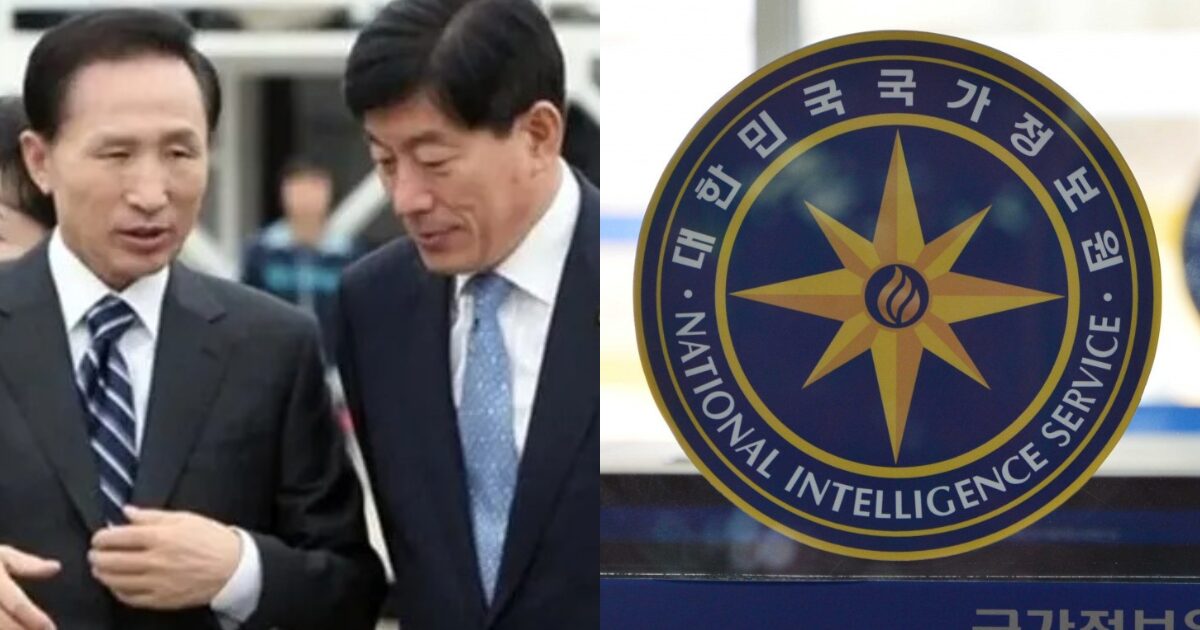Top Stories
South Korea’s NIS Apologizes to Artists Over Cultural Blacklist

BREAKING: South Korea’s National Intelligence Service (NIS) has issued a formal apology to artists impacted by a covert “cultural blacklist” operation, officially dropping its appeal in the case. On November 7, 2023, the NIS released a statement acknowledging the Seoul High Court’s ruling from October 17 and expressed regret to “those who suffered material and emotional harm” due to the blacklist.
The cultural blacklist, a secret initiative during the administration of former President Lee Myung Bak, targeted artists who criticized the government. A lawsuit was filed in November 2017 by 36 plaintiffs, including prominent figures such as actor Moon Sung Keun and broadcaster Kim Mi Hwa. They sought compensation for psychological and financial damages after being excluded from public platforms due to their opposition to government policies.
Reports indicate that a total of 82 individuals were placed on the blacklist, which included notable artists like Bong Joon Ho, Park Chan Wook, and Jo Jung Rae. The initial ruling held former President Lee and ex-NIS chief Won Sei Hoon liable for damages but denied state responsibility due to the expiration of the statute of limitations. However, the recent high court ruling mandated the state to compensate each plaintiff with ₩5 million KRW (approximately $3,430 USD).
In its statement, the NIS expressed hope that its decision to forgo the appeal would alleviate some suffering among the affected artists. The agency stated, “We sincerely apologize to those who have suffered material and psychological harm, as well as to the public.”
The NIS also emphasized its commitment to corrective measures to restore public trust, including the dissolution of its domestic intelligence division in 2017 and revisions to the NIS Act to prevent political interference.
As South Korea grapples with the legacy of the Lee administration’s policies, this apology marks a significant turning point in the relationship between the government and the artistic community. The NIS’s acknowledgment of its past mistakes is a crucial step toward healing the wounds inflicted on those silenced by the blacklist.
What’s next? Watch for further developments as the NIS implements corrective actions and seeks to rebuild its reputation. Public reaction is likely to shape the future of cultural policy in South Korea, making this an evolving story with deep implications for artists and freedom of expression in the country.
-

 World3 weeks ago
World3 weeks agoGlobal Air Forces Ranked by Annual Defense Budgets in 2025
-

 World4 weeks ago
World4 weeks agoMass Production of F-35 Fighter Jet Drives Down Costs
-

 Science3 weeks ago
Science3 weeks agoTime Crystals Revolutionize Quantum Computing Potential
-

 World3 weeks ago
World3 weeks agoElectrification Challenges Demand Advanced Multiphysics Modeling
-

 Top Stories3 weeks ago
Top Stories3 weeks agoNew ‘Star Trek: Voyager’ Game Demo Released, Players Test Limits
-

 Business3 weeks ago
Business3 weeks agoGold Investment Surge: Top Mutual Funds and ETF Alternatives
-

 Lifestyle3 weeks ago
Lifestyle3 weeks agoDiscover Reese Witherspoon’s Chic Dining Room Style for Under $25
-

 Top Stories3 weeks ago
Top Stories3 weeks agoDirecTV to Launch AI-Driven Ads with User Likenesses in 2026
-

 Entertainment3 weeks ago
Entertainment3 weeks agoFreeport Art Gallery Transforms Waste into Creative Masterpieces
-

 Health3 weeks ago
Health3 weeks agoGavin Newsom Critiques Trump’s Health and National Guard Plans
-

 Business3 weeks ago
Business3 weeks agoUS Government Denies Coal Lease Bid, Impacting Industry Revival Efforts
-

 Lifestyle3 weeks ago
Lifestyle3 weeks agoLia Thomas Honored with ‘Voice of Inspiration’ Award at Dodgers Event









